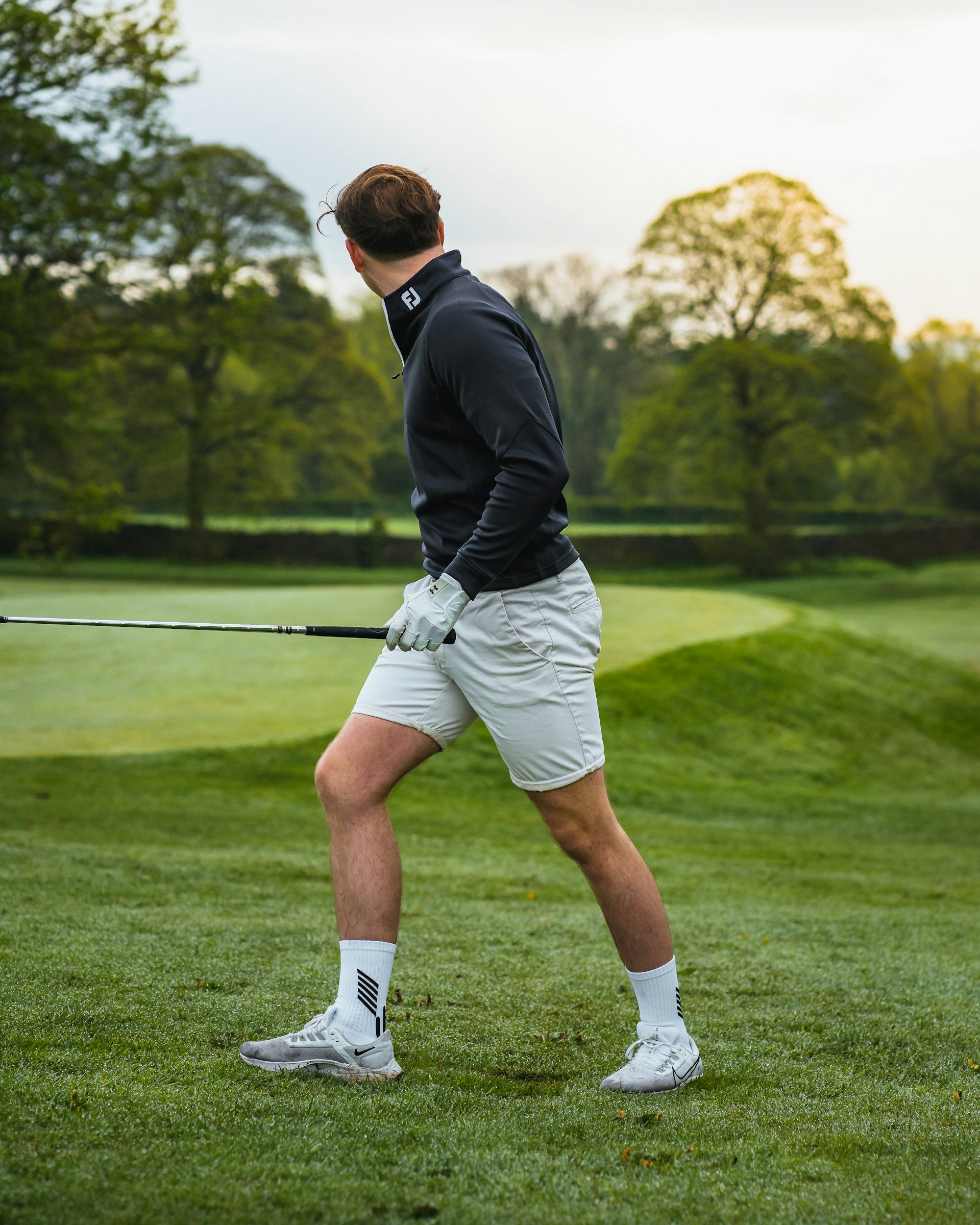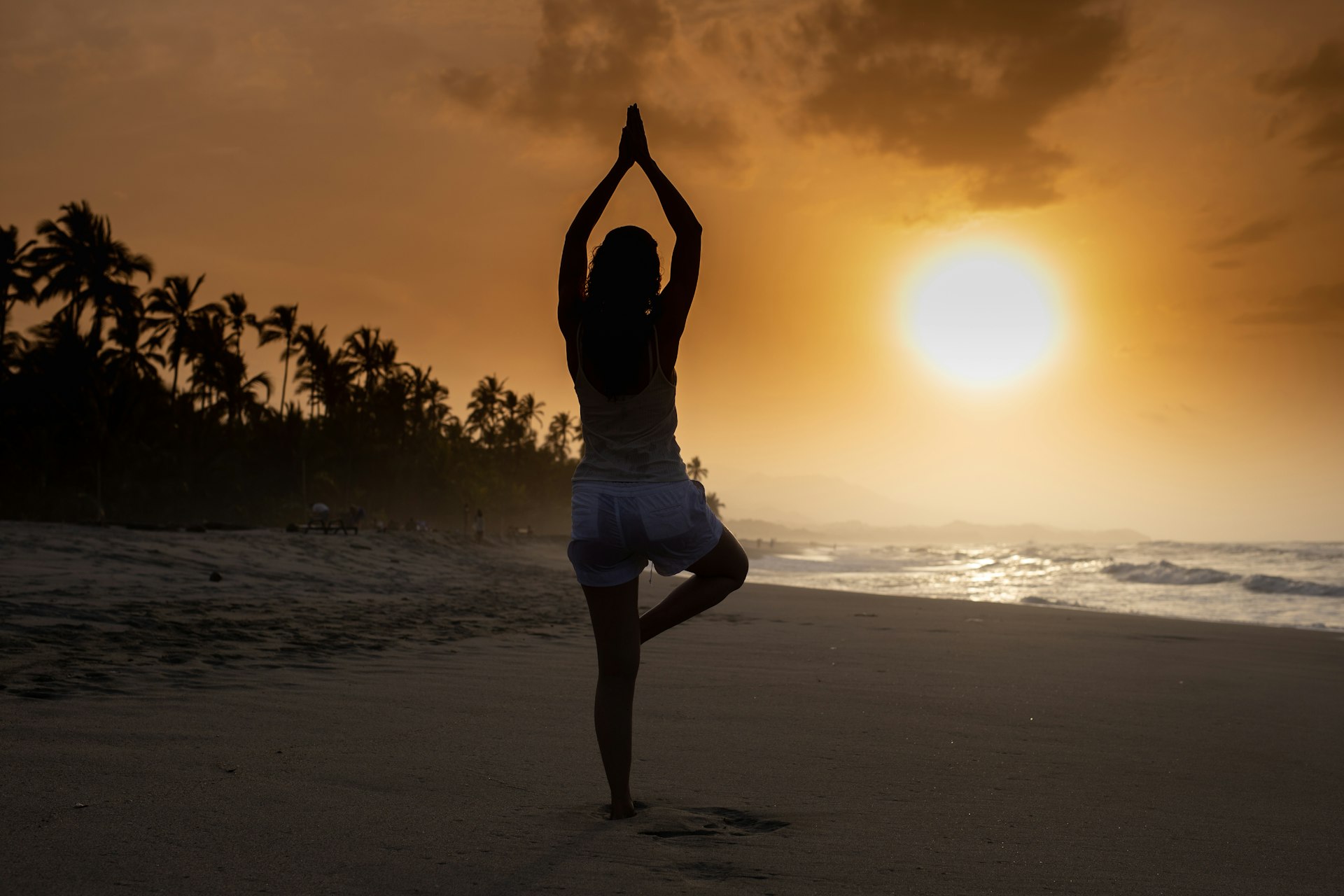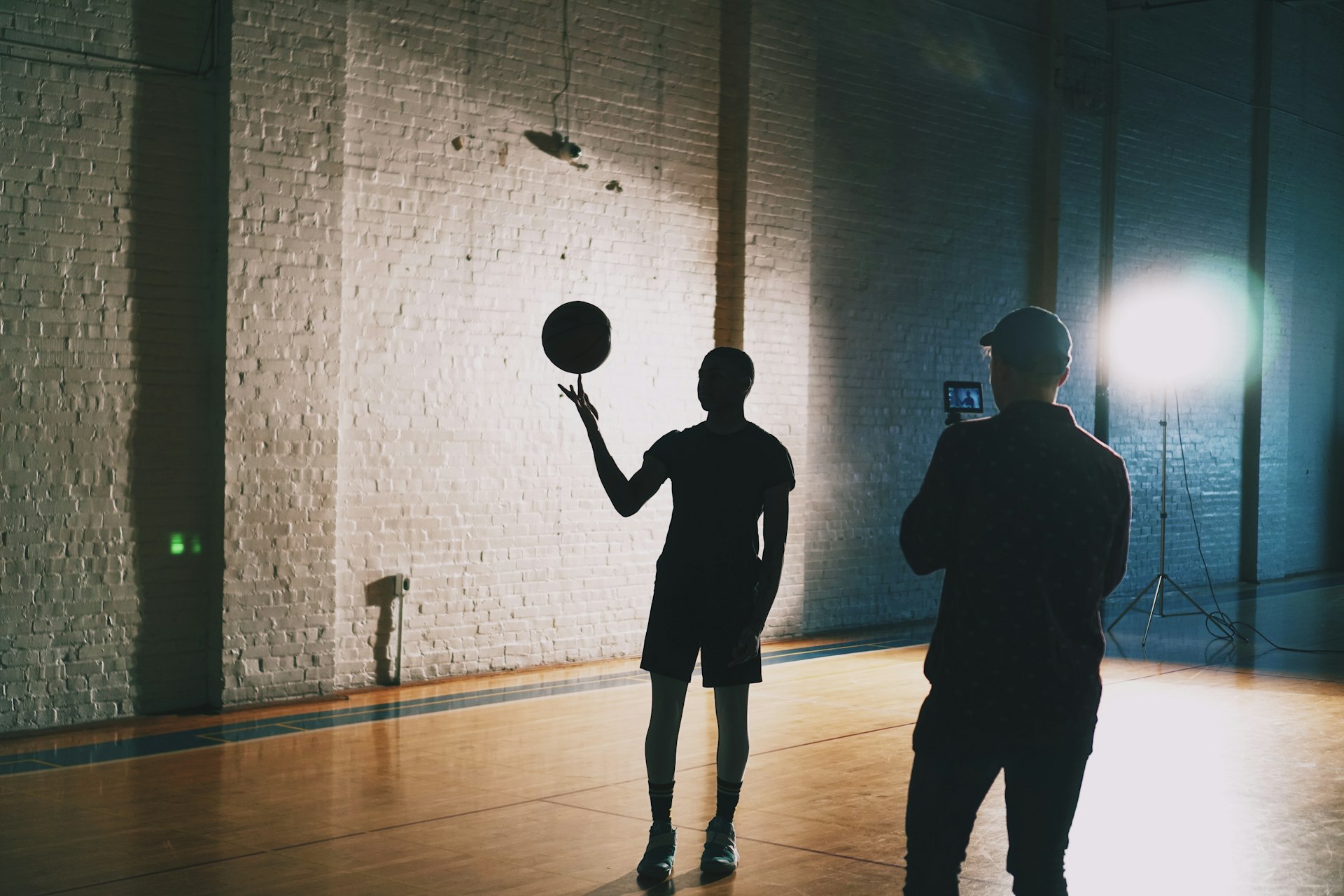Unlocking Peak Performance: The Power of Mental Resilience in Competitive Athletes

Photo by Elisa Kennemer on Unsplash
Introduction: Why Mental Resilience Matters in Competitive Sports
Competitive athletes face intense physical, emotional, and psychological demands. The ability to recover quickly from setbacks, adapt to adversity, and maintain focus under pressure is not just desirable-it is essential. Mental resilience , defined as the capacity to thrive in the face of stress and challenge, is increasingly recognized by sports psychologists and coaches as a cornerstone of peak athletic performance. This article explores the mechanisms, benefits, and actionable pathways to developing mental resilience, ensuring athletes remain competitive, healthy, and fulfilled.
Understanding Mental Resilience in Athletes
Mental resilience is a dynamic psychological trait that enables athletes to bounce back from defeats, injuries, and performance slumps. Research demonstrates a strong correlation between resilience and coping strategies, emotional stability, and athletic achievement. For instance, athletes with higher psychological resilience tend to experience lower competitive state anxiety, better emotion regulation, and improved overall performance [1] .
Key components of mental resilience include:
- Effective stress management and cognitive appraisal
- Self-confidence and optimism
- Adaptability and persistence
- Robust social support networks
- Healthy coping mechanisms
Athletes who practice resilience-building techniques achieve greater satisfaction in training, which, in turn, mediates their emotional response to competitive stress [1] .
Benefits of Mental Resilience for Competitive Athletes
The advantages of cultivating mental resilience extend far beyond improved performance. According to recent sports psychology research, resilience contributes to:
- Enhanced confidence and self-efficacy
- Reduced anxiety and mood disturbances
- Greater enjoyment and engagement in sport
- Protection against situational depression (e.g., injury recovery, competitive loss)
- Long-term wellbeing and sustained motivation
For example, athletes practicing mindfulness and coping skills report lower stress levels, improved self-esteem, and a stronger sense of athletic identity-even when facing prolonged injuries or setbacks [2] .
Real-World Examples: Building Resilience Through Sport
Studies of judokas (judo athletes) found that those with more years of competitive experience exhibited higher levels of resilience. Top-level competitors showed greater psychological toughness, regardless of gender and age. This suggests that resilience is a differentiator at elite levels, and that sustained, high-level practice strengthens the ability to confront adversity [3] .
Similarly, environments that support autonomy and psychological needs-such as positive coaching, team culture, and social support-correlate with stronger mental toughness and adaptive functioning [4] .
Step-by-Step Guidance: How Athletes Can Build Mental Resilience
Developing mental resilience is an ongoing process, requiring intentional practice and supportive environments. Here is a step-by-step guide for athletes, coaches, and support staff:
- Assess Current Resilience Levels Begin with a self-assessment of stress responses, coping mechanisms, and emotional regulation. Sports psychologists and mental skills coaches can offer validated assessment tools and guidance.
- Set Clear, Achievable Goals Establish both short- and long-term goals, focusing on realistic expectations and gradual progress. Goal-setting enhances motivation and self-efficacy.
- Practice Mindfulness and Relaxation Techniques Incorporate daily mindfulness exercises, such as meditation, deep breathing, and visualization. Mindfulness improves present-moment awareness and emotional stability. To learn more about mindfulness in sports, search for “mindfulness training for athletes” on reputable health and sports psychology websites.
- Develop Positive Cognitive Appraisals Reframe setbacks as opportunities for growth. Use cognitive-behavioral strategies to identify and challenge negative thought patterns. Sports psychologists can provide workshops and training in these techniques.
- Strengthen Social Support Networks Build relationships with teammates, coaches, family, and mentors. Positive social support buffers against stress and fosters a sense of belonging.
- Work with Qualified Professionals Engage with certified sports psychologists or mental performance consultants for personalized resilience training. To find a qualified provider, search for licensed professionals through official sports psychology associations, such as the Association for Applied Sport Psychology (AASP).
- Monitor Progress and Adjust Strategies Regularly review your resilience-building practices. Adjust techniques as needed to address changing circumstances and challenges.
If you are unsure where to begin, you can:

Photo by Braden Collum on Unsplash
- Ask your coach or athletic trainer for referrals to sports psychology professionals
- Search for “mental resilience workshops for athletes” on major university or sports organization websites
- Contact national sports federations for information on support services and mental health resources
Challenges and Solutions in Fostering Mental Resilience
While building resilience offers substantial benefits, athletes may encounter obstacles such as social isolation, negative self-talk, or lack of access to qualified support. It is important to recognize that resilience is not a fixed trait; it can be developed and strengthened over time. Coaches and organizations should prioritize creating environments that support psychological needs, encourage autonomy, and foster open communication. Alternative approaches include peer-support groups, online mental skills training, and community-based wellness initiatives. For athletes struggling with depression or anxiety, seeking help from mental health professionals is crucial. Many organizations offer confidential counseling and support services-contact your team or league for options, or search for “athlete mental health support” on recognized medical or sports psychology websites.
Key Takeaways and Next Steps
Mental resilience is a powerful determinant of athletic success. By understanding its components, benefits, and development pathways, athletes and coaches can unlock sustained high performance and personal wellbeing. Resilience training should be ongoing and personalized, integrating mindfulness, goal-setting, cognitive strategies, and social support. For comprehensive guidance, consult certified professionals, leverage qualified online resources, and engage with your sporting community.
References
- [1] Frontiers in Psychology (2024). The effect of athletes’ training satisfaction on competitive state anxiety: Psychological resilience as a mediating factor.
- [2] University of Maryland Medical System (2024). Sports Psychology: Unlocking Mental Resilience for Peak Performance.
- [3] Frontiers in Psychology (2024). Psychological resilience, athletic experience, and competitive level: Evidence from judokas.
- [4] Trine University (2021). Mental Toughness: The Key to Athletic Success.
MORE FROM getscholarships.net













